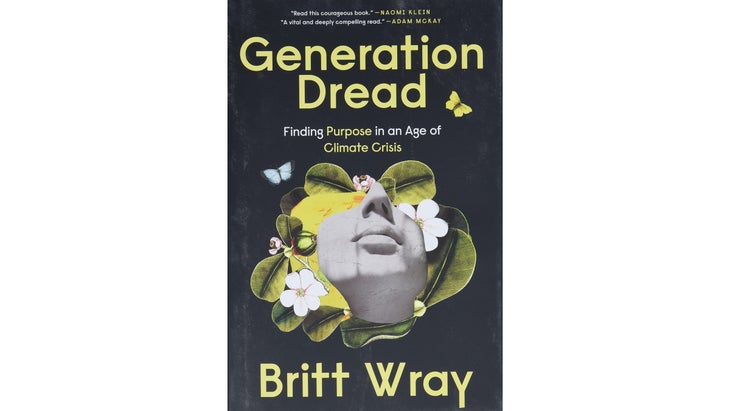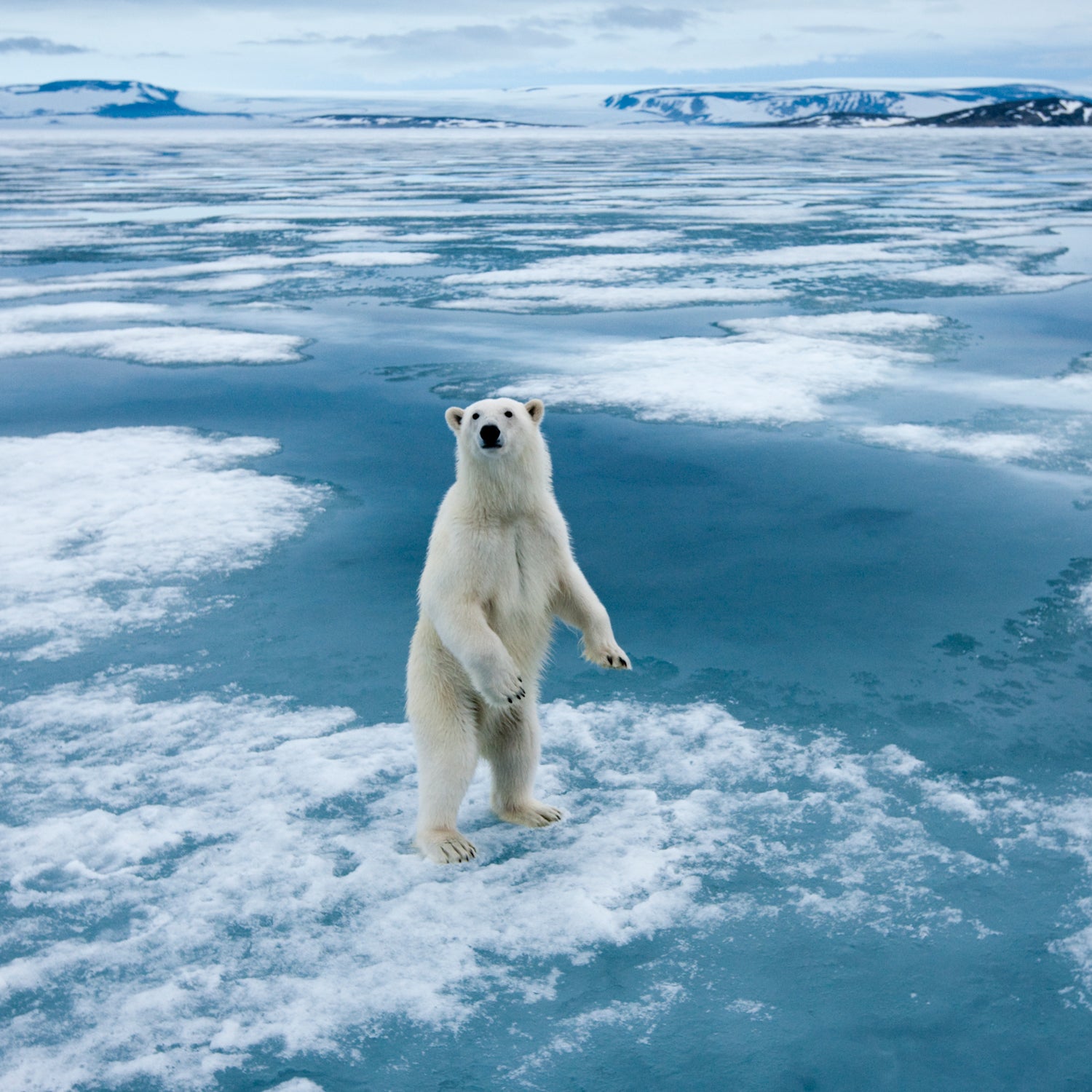Do you ever look at the news, or just the weather outside your own window, and fear the future is going to be unbearable? Britt Wray, a human and planetary health fellow at Stanford University and the London School of Hygiene and Tropical Medicine, knows exactly what that feels like. She studies the mental health impacts of the ecological crisis, especially on young people, and also experiences climate anxiety in her own life. In the past few years, for example, Wray has weighed whether or not to have children when their future will look so grim. (Spoiler alert: she just had a baby boy.)
It’s hard to avoid feelings of fear and despair when discussing the crisis and not become consumed by the darkness. But Wray is looking at the psychology of grief and uncertainty amid a changing climate while working to find ways to channel that dread into action, joy, and meaning.
She’s compiled her findings into a new book, Generation Dread: Finding Purpose in an Age of Climate Crisis, which makes a case for living day-to-day as well as making big future choices in the face of a warming planet. In addressing both, she tries to answer the question: Can we thrive while living in fear? It’s not an easy analysis, and Wray doesn’t shy away from the complexity. Below, in her own words, are Wray’s tips for how to carry on with mixed feelings and even find purpose in these challenging times.

Don’t be ashamed of your eco-anxiety. This feeling is not a pathology; you won’t find it in the Diagnostic and Statistical Manual of Mental Disorders. It’s a natural, normal response to a real, existential threat. This is not something we want to dismiss or treat with a pill. It’s a sign that you care and are compassionate. The task is not to beat back the anxious feelings but to feel and validate them and then work them into the world. Just don’t get hijacked by emotions. I think of it as getting to know your feelings like guests at a party: name them, get familiar, but don’t get stuck with any of them all night.
Feel the hope and the sadness at the same time. One of the most painful things about extreme eco-anxiety is that it feels like whiplash. I’d hear people talking about solutions and get excited, and then I’d hear other people talking about pure doom and get scared. That cognitive dissonance is really uncomfortable. Our brains aren’t good at holding two truths, so we often cling to the worst thing imaginable because it feels certain, and then we don’t have to give both ideas room. I was able to reconcile the two and balance the visions between hope and fear by adopting the idea of “binocular vision”—with one eye you can see the horrific injustices and the strain, but with the other eye you can also see the amazing work that’s being done.
Channel grief into purpose. The overarching inquiry of the book is into one really big emotion—grief. We mourn that which we love, and right now the things we care about are breaking down. But it’s not just an uncomfortable emotion. It can really teach us things. It produces an opportunity to think about how we’re going to respond in the face of catastrophic events and how we’re going to show up compassionately. It’s painful, but part of the task is getting comfortable being uncomfortable. And it’s not going to be as bad if we harness those feelings to create meaning and purpose. It’s an existential task, and it’s super grandiose, because all these climate conversations indict our current world order. Yet you can bear almost anything if you’re making meaning about it.
Learn about what really got us here. It’s important to get educated on how we got here. This isn’t just us eating too many burgers and enjoying road trips. It’s many decades of misinformation funded by fossil-fuel companies to protect profits at the expense of the future being terrifying.
Don’t forget self-care. We want to be our best selves for dealing with a crisis, but when we’re hypervigilant, with stress and anxiety, or if we get depressed, lethargic, and numb, we’re not at our finest cognitive capacity. We have to pay attention when we’re at our edge and know when something may trigger our anxiety. All the basics—sleeping well, exercising, connecting with people you love, practicing self-care, meditation, and gratitude, doing your favorite things that remind you of your own connection to yourself—will help you stretch your window of tolerance.
Don’t go it alone. It’s hard to feel alone in a flock of apathetic people. When friends say things like, “You’re bringing me down!” they can inadvertently shame you, so it’s important to find safe spaces to talk about it. Talking to others who can validate and mirror concern can be massively relieving and strengthening. This is a collective, shared trauma we can’t take by ourselves. There are lots of community groups and low-cost cottage peer-support groups that you can find online or attend for free or very little, like the Good Grief Network, All We Can Save circles, Climate Awakening’s climate-emotions conversations, and Climate Cafés.
Find agency and thrive. When you can get to the far side of grief, instead of a narrative of powerlessness, you can have a lot of agency. Our actions do matter, even though they’re small. We’re each a drop in a tidal wave, and we have to prevent as much harm as possible at this late stage in the game. I really do think people can thrive. Climate change makes us think of death and mortality, which is tough, but in a paradoxical way, confronting those emotions can lead to a much more meaningful life. It can brush the B.S. aside and home in on what makes a life. In a deep, deep way, it’s offering up the ingredients to live big, bold lives, which equates to thriving.

